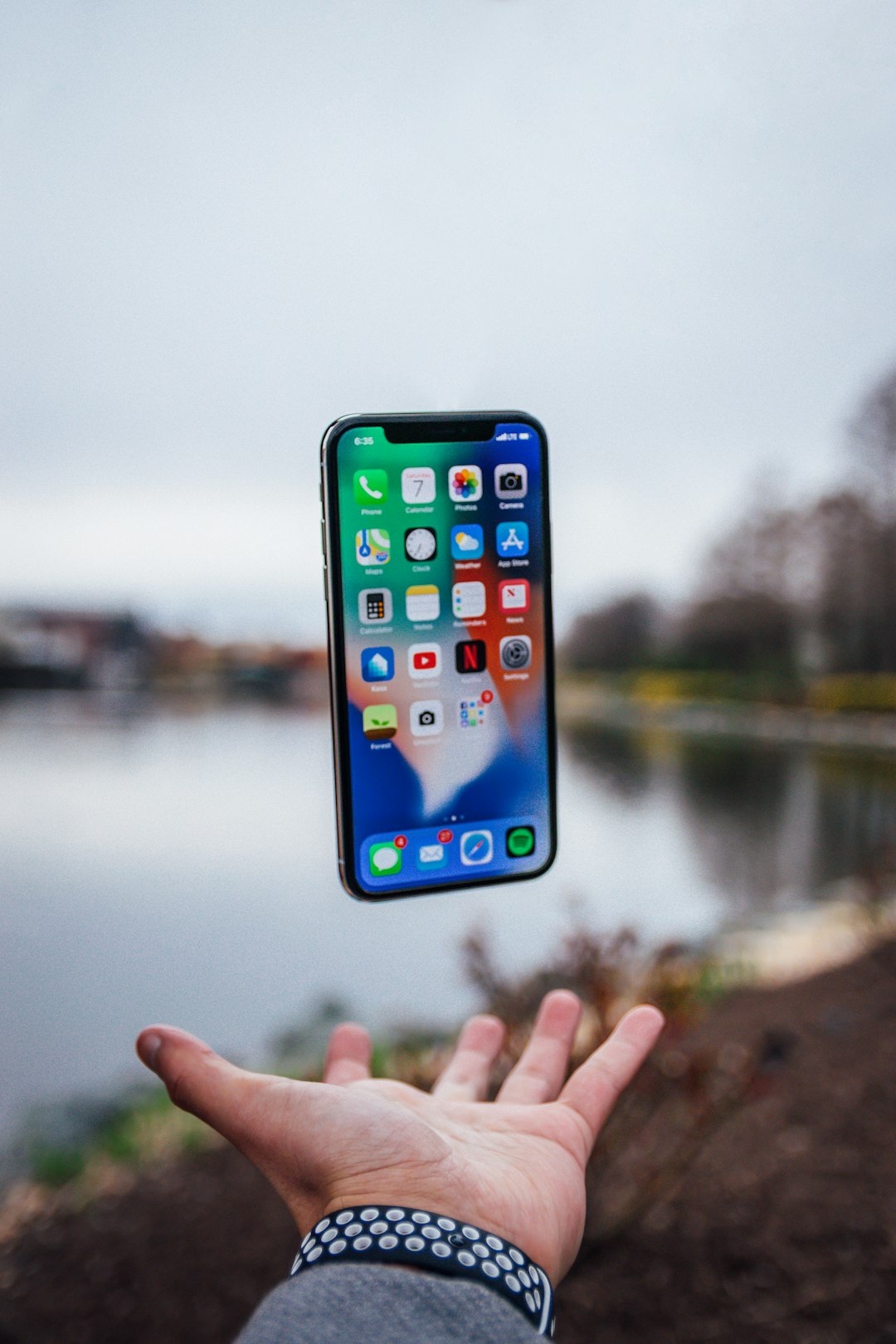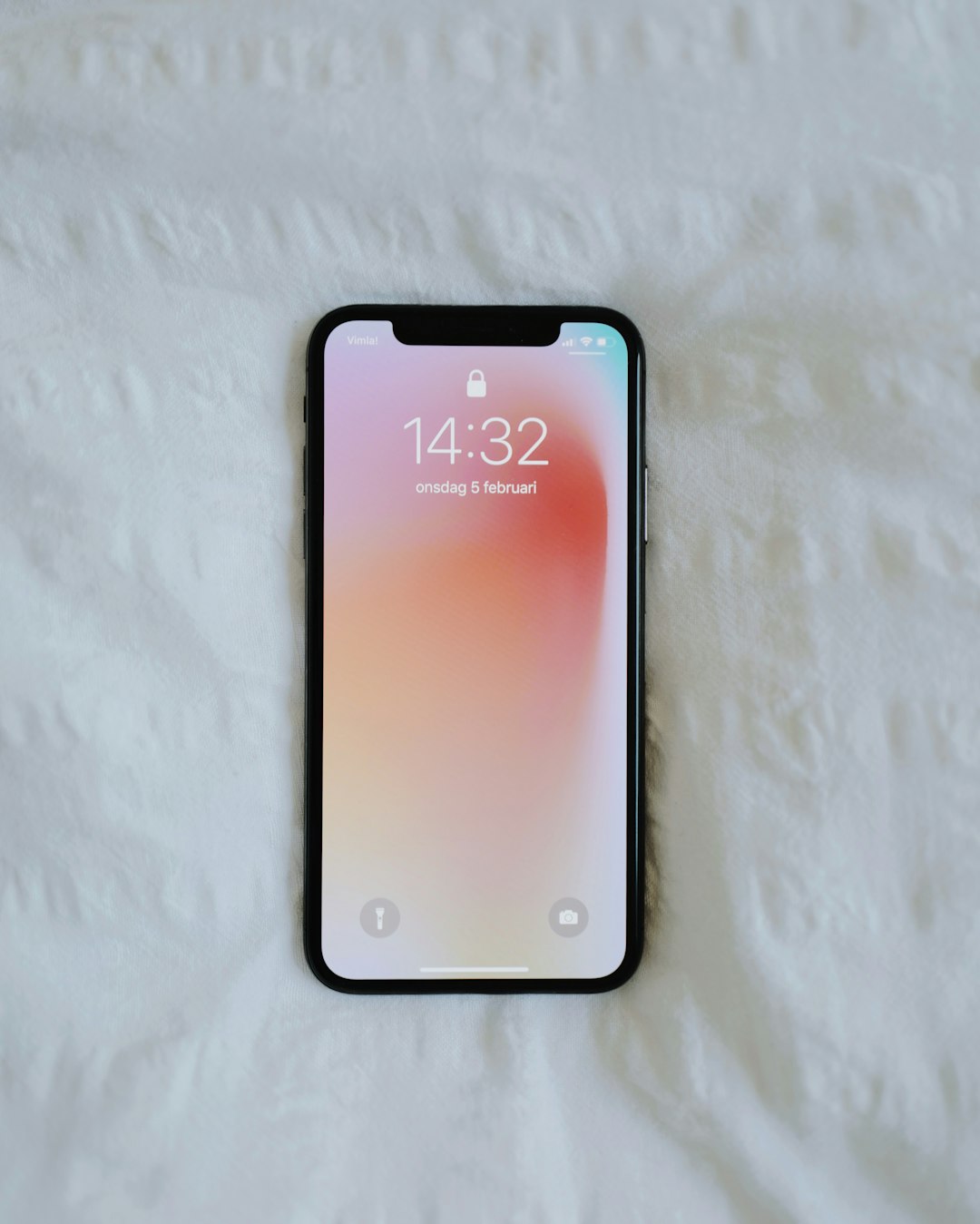Robocalls from law firms are a growing problem in Connecticut, causing privacy invasion and stress for recipients. Connecticut's Do Not Call Law offers residents the right to opt-out of automated marketing calls, including those from law firms, by registering on the Attorney General's list. Residents can protect their phone lines through the state's robust Do Not Call list, regulated by the Connecticut Department of Consumer Protection. Specialized apps like NoCall, TrueCall, Hiya, and Call Blocker help block unwanted robocalls from law firms, with features like automated filtering, personalized block lists, and AI-driven call identification. Keeping app filters up to date is crucial for effective protection against evolving robocall tactics.
In Connecticut, robocalls have become an increasingly prevalent nuisance, with many residents experiencing unwanted calls from telemarketers and scammers. To combat this issue, understanding the state’s Do Not Call laws and leveraging robust robocall blocking apps is essential. This article explores effective strategies to protect your Connecticut cell phone from intrusive robocalls. We delve into the legal framework, recommend top-rated blocking apps for Android and iOS, guide you in selecting the ideal app for your needs, and provide practical tips for implementing and maintaining robust call filters.
Understanding Robocalls and Their Impact in Connecticut

Robocalls, automated phone calls from unknown numbers, have become a pervasive issue in Connecticut, much like elsewhere across the country. While some robocalls offer valuable information, such as marketing promotions or survey invitations, many are unwanted and even illegal. In Connecticut, certain types of robocalls, particularly those promoting legal services, are restricted by state law. The Do Not Call Law, which applies to businesses and organizations engaged in telemarketing, allows residents to opt-out of receiving these calls. By registering on the Connecticut Attorney General’s Do Not Call list, residents can prevent law firm robocalls from inundating their phones.
The impact of robocalls goes beyond mere annoyance. They contribute to a sense of privacy invasion and can lead to increased stress levels among recipients. Moreover, they clog communication channels, making it harder for individuals to reach legitimate businesses or personal contacts. In light of this, Connecticut residents have the right and responsibility to protect their phone lines from these intrusive calls, especially by taking advantage of available resources aimed at blocking robocalls effectively.
The Legal Framework: Do Not Call Regulations in CT

In Connecticut, the Do Not Call list is a powerful tool for citizens to protect themselves from unwanted robocalls. The state’s Do Not Call law, regulated by the Connecticut Department of Consumer Protection, prohibits telemarketers from making calls to telephone numbers listed on the registry. This legislation aims to curb excessive and annoying phone solicitations, ensuring residents’ privacy and peace of mind.
Connecticut’s Do Not Call list is not just for residential phone lines; it also includes cell phone numbers. Individuals who wish to opt-out of robocalls can register their mobile phones through the state’s designated platform. This initiative aligns with the broader national effort to combat scam calls, as seen in various federal and state Do Not Call law firms across the country, all working towards a quieter and safer communication environment for citizens.
Top Robocall Blocking Apps for Android and iOS Devices

With the rise of robocalls, especially from law firms seeking potential clients in Connecticut, many smartphone users are turning to specialized apps for relief. Both Android and iOS devices offer robust options for blocking these unwanted calls. For Android users, apps like NoCall and TrueCall stand out. These applications utilize advanced algorithms to identify and block robocalls, including those from law firms that often use automated dialing systems. They also provide call history and reporting features, allowing users to keep track of blocked calls and potentially uncover new patterns.
On iOS, apps like Hiya and Call Blocker by Truecaller have gained popularity. These tools access a global blacklist of known robocallers and spammer numbers, ensuring that calls from suspected law firm telemarketers are stopped before they reach your phone. Many of these apps also offer personalized call blocking based on user preferences, allowing you to customize your privacy settings and block specific types of calls, including those labeled as “Do Not Call.”
How to Choose the Best App for Your Needs

When looking for a robocall blocking app, it’s crucial to consider your specific needs and preferences. Different apps offer varying features such as automated call filtering, personalized block lists, and advanced AI technology for identifying and blocking unwanted calls, including those from law firms in Connecticut. Start by evaluating the user interface and ease of use; a well-designed app with intuitive controls can significantly enhance your overall experience.
Next, assess the app’s call blocking capabilities. Some apps excel at blocking spam calls, while others may have stronger filters for specific types of unwanted communication, like telemarketers or illegal robocalls. Additionally, consider integration options if you use other devices or services. Features like do-not-call lists tailored to Connecticut laws can also be a valuable asset. Researching and comparing these aspects will help ensure you choose the best app to protect your Connecticut cell phone from harassing calls.
Protecting Your Phone: Implementing and Maintaining Robocall Filters

Protecting your phone from robocalls is crucial, especially with the constant evolution of technology behind these unwanted calls. Implementing robust robocall filters can significantly enhance your Connecticut cell phone’s security and user experience. One effective strategy is to utilize dedicated call-blocking apps that learn and adapt to identify and block new robocall patterns. These apps often leverage community-based reporting, machine learning, and advanced algorithms to distinguish legitimate calls from spam.
Regularly updating and maintaining these filters is essential. Phone numbers behind robocalls frequently change, and new tactics emerge. App developers must stay ahead by providing timely updates to their filtering models. Additionally, users can contribute to the collective defense against robocalls by reporting suspicious numbers within the app, ensuring that the community-built filter remains dynamic and effective in blocking Do Not Call law firm Connecticut violations and other unwanted intrusions.






